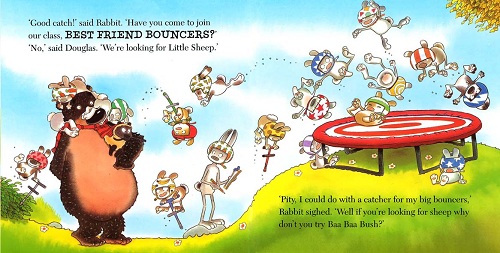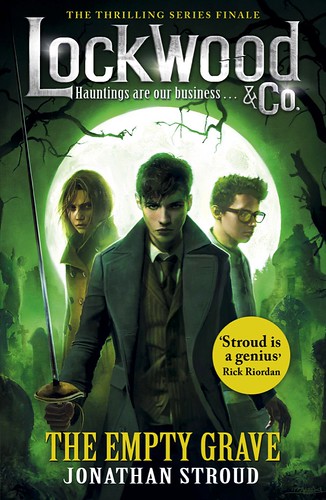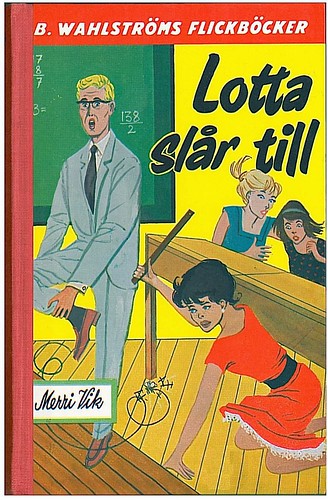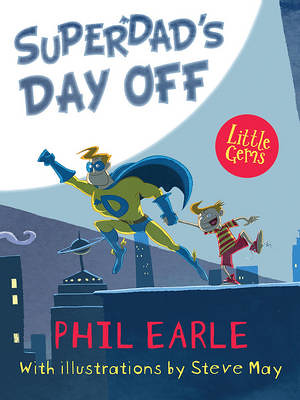Read in the paper about how the interning – same as working for free – business is spreading. I thought it was merely for the hopefuls in creative jobs, but it seems to have grown to High Street clothes shops. Yes, of course I’d love to flog t-shirts all day long and not be paid!
I can see how it began, and I can also see how someone saw how this could be used to line their own pockets, because we are all desperate to be part of something.
Yes, me too.
Right now I’m only my own intern, but I argue with myself every week about this. Years ago I did other unpaid work, but it was called volunteering, and was mostly once a week in the school library. At least there was a library. And books. And I was needed/wanted for several years.
I liked the access to unlimited books, and getting out of the house. And when the author visits began, meeting authors. Discovering they actually shop in Tesco, like normal people.
So what to do once that ended?
I sold myself to a bookshop, that’s what. I didn’t mind doing things for free. I chose what to be involved in, and it meant much more author contact. There was some writing/blogging involved, and eventually a young readers’ review group.
I watched the part-time employees come and go, telling myself it was different for me, because I wasn’t being paid. But eventually I got pushed out, the same as the employees. Because I am under the impression they weren’t ever sacked. They chose to leave. And so did I.
Having witnessed what was said about them afterwards, I determined to get in there first, so wrote a blog post about some of it. Only to get it out there, dated in cyber space. I didn’t mention names. But my ‘ex-non-employers’ read it and were not pleased. I’m just amazed that two weeks after such a falling out they were still reading Bookwitch.
I must be better than I thought.
I have no idea if they spoke about me after. Doesn’t matter. For years I had to explain to publishers and publicists that there was a ‘situation’ and in many cases this didn’t seem to surprise them. You have to tread carefully after this kind of thing, but I’d say I made more friends because of it, rather than losing them.
Because I wasn’t alone. Authors were bullied. Publishers’ reps were bullied, and publicists. Someone totally un-initiated regarding this reported what was being said at Hay (I think). That helped make me feel a lot better. I mean, I knew I was no more horrible a person than average, but this kind of blowing hot and cold bullying got to me.
So money had nothing to do with it. Means I never got paid, but it also meant it was quick to walk away from.



















